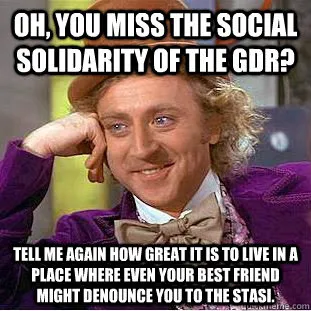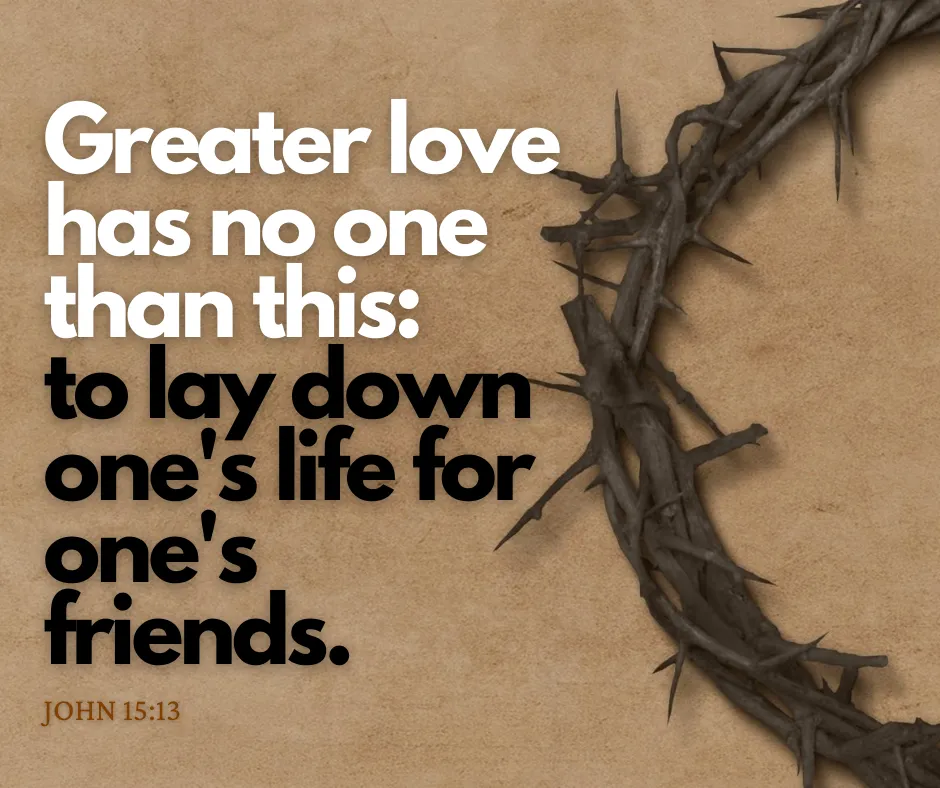
Why does tyranny happen?
Sheer military might alone is insufficient.
The parasitical cancer that is the State has spread itself over the entire world chiefly through mind control (propaganda, indoctrination). Certainly, they and their willing armed agents among the slaves are powerful enough to crush sporadic dissent from small groups or individuals. But, on the whole, this tiny group of tyrants logically cannot rule by might alone.
The slave masses need to police each other, to their own detriment. And, they do. Passionately.
How do the relatively minuscule parasitical elite classes pull off this psychological sleight and heist?
Tyrants are bullies and cowards. Any act of ignoring, dissent and non-compliance, by anyone, on any of their unlawful desires (almost all "laws" or "regulations" or orders are immoral and unlawful), even when (especially when?) non-violently practiced, unravels the mystique and myth of their imagined authority and renders them powerless.
So, then, if this is so easy, why has it not yet happened on a large-scale?
The answers lies behind some psychological stances, which are best thought of as moral or spiritual diseases in the minds of the slave masses.
Illustration. We can choose any example to illustrate the points -- the whole world is rife with the reeking stench of false "laws", "regulations", "statutes" and "orders". We will choose a hypothetical example of a non-compliant libertarian electrician Murray (one among many libertarian electricians, who know that taxes are extortion and that no one is morally obliged to pay them). However, Murray alone peacefully practices non-payment of taxes in the practice of his trade, while all the others whine and whimper but ultimately comply.
Back-stabbing (guilt, cowardice) : There is a good likelihood that some among them would back-stab and betray Murray to the State -- there are many self-rationalizations and self-justifications that cowards employ to assuage the guilt of their own cowardice and unwillingness to defy and non-comply.
Unwillingness to stand in solidarity (cowardice) : Even if someone did not betray Murray, many may not show up to offer moral support for him, in the event of an actual enforcement action. Solidarity (especially of the non-violent kind) usually drives away tyrants.
Too cowardly to not comply, even when no risk of being betrayed (cowardice) : Often, even if the above were not the case, there are some who cower in the face of tyrannical commands (generations of abuse and trauma have ingrained some of this into humanity's core psyche, but this is something that can heal).
Rational cowardice, in the face of credible risks of being betrayed or being isolated (some cowardice) : There are a good amount of people who value non-compliance but do not do so when they (often, correctly) assess the risk of being betrayed or being left to fend for oneself as being too high.
The above 4 psychological states are ordered from the worst (morally speaking) to the not-so-bad. Guilt and fear and the unwillingness to take personal responsibility are the main drivers of this mass phenomena.
The way to move out of these diseased states of mind to a healthier and morally coherent state of being can happen in small steps (also reflected in the ordering above), consisting of abandoning fear, and adopting love :
"Greater love has no one than this: to lay down one's life for one's friends" -- Jesus

"There is no fear in love, but perfect love casts out fear." -- St. John
